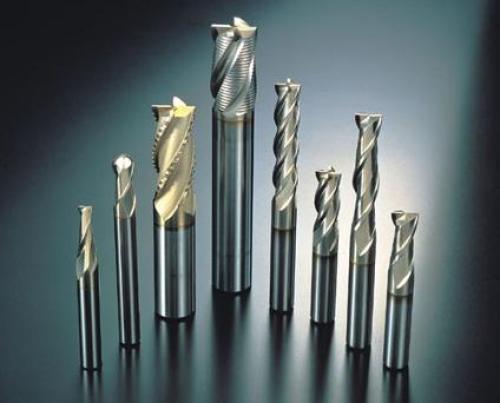
China's hardware industry clusters are in a phase of transition from growth to maturity, and there is still substantial room for future development. In the coming years, these clusters are expected to evolve toward greater specialization, market orientation, and international integration, gradually moving toward a more mature stage. As the industry continues to develop, it will become more efficient and competitive on a global scale.
The expansion of economic scale within hardware clusters is one of the key trends observed today. These clusters have gained widespread attention due to their strong growth potential. Many industrial clusters exhibit robust growth capabilities, driven by the rapid economic expansion of the country. As a result, the scale of these clusters is growing significantly, with clear signs of continued expansion in the near future.
Over the past two decades, new hardware industry clusters have emerged across China. These clusters have become major drivers of regional economic growth and key contributors to international competitiveness. In coastal areas, while existing clusters continue to mature, there has been a refinement in division of labor and the emergence of new clusters that reflect evolving market demands.
Regional branding has now become a central focus for industrial clusters. These clusters serve as important platforms for both regional and corporate brand development. The promotion of regional brands not only enhances the visibility of local industries but also fosters a positive feedback loop that strengthens the cluster itself. Over time, this has led to the rise of strong regional brands that now play a crucial role in competition and development.
Enterprise dominance and growth remain a key feature of hardware clusters. With increasing market competition, companies within these clusters have had to adapt and innovate. Many have risen to prominence, becoming leading players in their respective fields. For example, in Zhejiang, the internal structures of industrial clusters have been continuously refined, with large enterprises like Superstar Technology emerging as major forces.
Industrial structure upgrades are becoming increasingly necessary as markets evolve and regional advantages shift. Hardware clusters across the country are actively innovating, improving their industrial structures, and enhancing overall competitiveness. Cities like Haining have established R&D centers, design hubs, and quality inspection facilities to support industry growth. Meanwhile, Beijing, Shanghai, Guangdong, and Jiangsu are promoting high-tech industrial clusters, which help drive structural improvements and enhance the overall performance of the industry.
There are several key advantages of industrial clusters. First, they facilitate deep specialization and division of labor, which leads to greater efficiency and innovation. Companies can focus on their core strengths while outsourcing other functions, allowing them to produce high-quality products through collaborative efforts.
Second, clusters reduce transaction costs by bringing together numerous suppliers and service providers in close proximity. This allows businesses to access raw materials, equipment, and services at lower costs and with greater speed.
Third, industrial clusters foster the development of professional markets, which in turn support the growth of the clusters themselves. These markets act as both distribution and information hubs, helping companies stay updated on trends and adjust their product offerings accordingly.
Fourth, the presence of many similar companies within a cluster creates a competitive environment that drives continuous improvement and innovation. This face-to-face competition encourages firms to constantly refine their strategies and operations.
Fifth, clusters are attractive to investors because they represent a concentrated market with business opportunities. They function as incubators for startups and provide a supportive ecosystem for both external and internal capital flows.
Sixth, credit issues remain a challenge in China’s market economy, but industrial clusters offer a way to mitigate these risks. Because businesses are closely connected and often know each other well, trust and accountability are stronger. This helps reduce fraud and improves overall reliability.
Finally, industrial clusters promote innovation by creating an environment where knowledge and ideas are exchanged frequently. The concentration of users, suppliers, and distributors brings in the latest market and technical information, fueling continuous learning and development.
Ultimately, hardware industry clusters not only contribute to the growth of individual companies but also help build strong regional identities. A region with a powerful brand can attract more investment, talent, and business opportunities, further strengthening its position in the global market.
Leveling Staff,Precision Surveying Range Pole,Linked Range Pole Surveying,Staff For Automatic Level
Changzhou Precision Surveying & Mapping Instrument Co.,Ltd , https://www.surveyingfactory.com